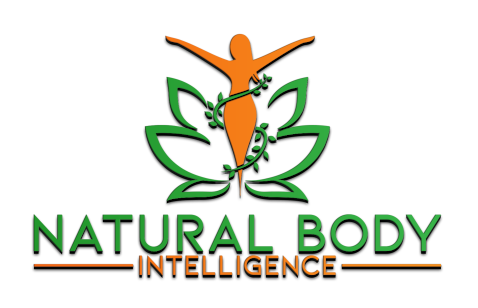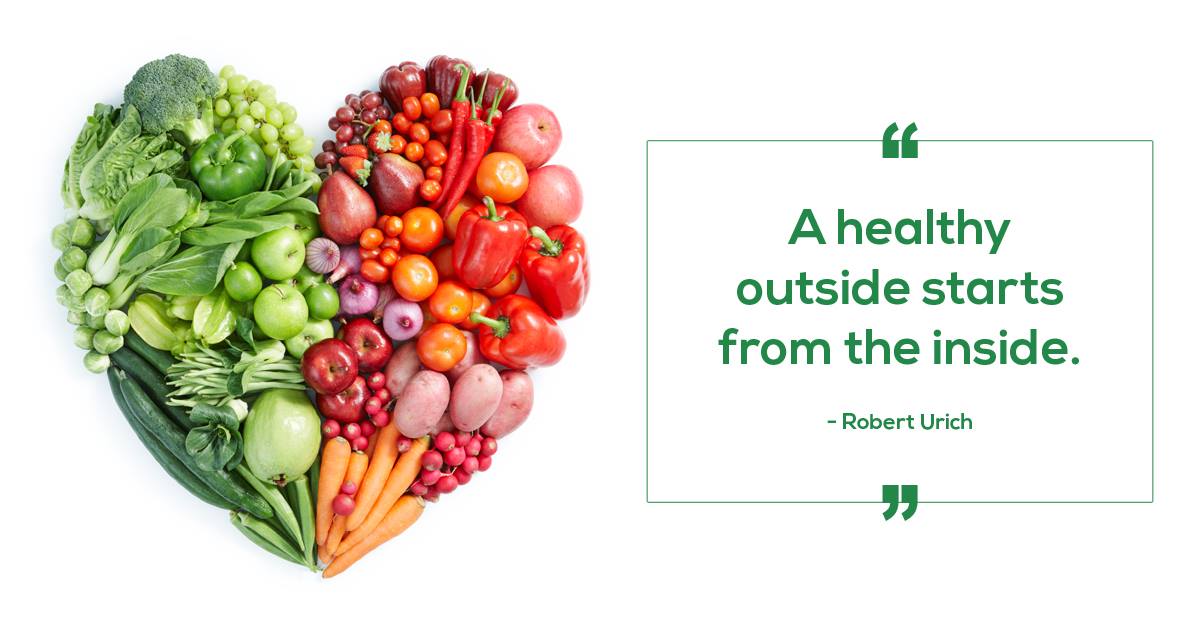Introduction: Our bodies are remarkable machines, constantly waging a silent war against invaders and internal disruptions to maintain our health. To safeguard our well-being, several defence mechanisms work tirelessly behind the scenes. In this article, we’ll delve into five essential defenders: angiogenesis, stem cells, the microbiome, DNA defence, and the immune system.
- Angiogenesis: Angiogenesis is the process of forming new blood vessels from existing ones. This mechanism plays a vital role in healing and maintaining optimal health. When tissues need more oxygen and nutrients or require repairs due to injury or illness, angiogenesis kicks into action. Tiny blood vessels, called capillaries, sprout and connect to form intricate networks, ensuring that every cell in our body receives the necessary nourishment.
- Stem Cells: Stem cells are like the body’s raw materials, possessing the unique ability to develop into various specialized cell types. They are found throughout our bodies and serve as a repair and regeneration system. When tissues sustain damage, stem cells can divide and transform into the specific cell types needed for healing. This regenerative capacity is particularly crucial in organs with limited natural repair abilities, such as the heart and spinal cord.
- Microbiome: The microbiome is a diverse community of microorganisms residing within our bodies, primarily in our digestive tract. These microorganisms, including bacteria, fungi, and viruses, play an integral role in maintaining our health. They aid in digestion, produce essential vitamins, and, perhaps most importantly, defend against harmful pathogens by outcompeting them for resources. A balanced microbiome is crucial for a well-functioning immune system and overall health.
- DNA Defense: Our DNA is susceptible to damage from various sources, including UV radiation, toxins, and oxidative stress. To protect our genetic information, our bodies employ a range of DNA repair mechanisms. Enzymes continuously patrol our cells, identifying and fixing damaged DNA strands. These defense mechanisms help prevent mutations and maintain the integrity of our genetic code.
- Immune System: The immune system is perhaps the most well-known defense mechanism in our bodies. It consists of a complex network of cells, tissues, and organs working together to protect us from infections and diseases. The immune system can recognize foreign invaders, such as bacteria, viruses, and parasites, and launch a coordinated attack to eliminate them. Additionally, it can remember previous encounters with pathogens, providing immunity against future infections.
Conclusion: Our bodies are equipped with an impressive array of defence mechanisms, each contributing to our overall health and well-being. From angiogenesis and stem cells ensuring tissue repair to the microbiome maintaining digestive health, DNA defence guarding our genetic code, and the immune system tirelessly defending against threats, these mechanisms work in harmony to keep us healthy. Understanding and supporting these defence mechanisms through healthy lifestyle choices can contribute to a long and vibrant life.

